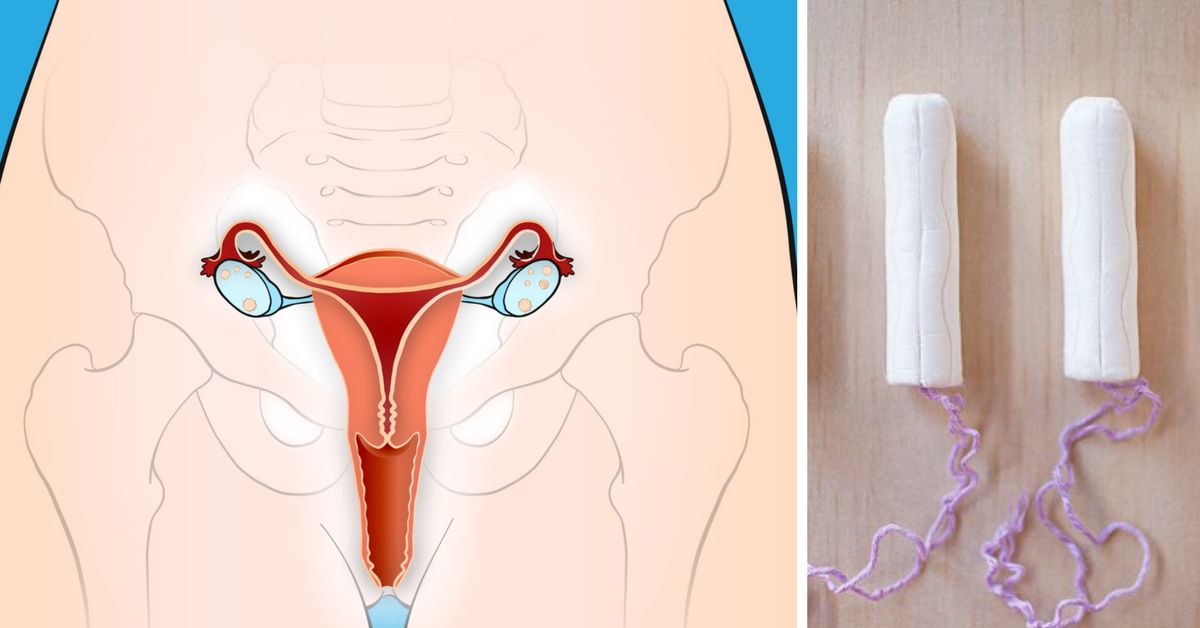Toxic Shock Syndrome is a pretty terrifying thing. It's hard to believe that just using the products made to specifically make your period easier can actually lead to a serious disease, but it's the truth. Toxic Shock Syndrome (TSS) is a severe bacterial infection that is often associated with tampons because the blood accumulation is ideal for bacterial growth. But how worried should you really be about it?
Well, TSS is very rare. It only affects one out of every 100,000 people in America. But just because something is rare, that doesn't mean you shouldn't know what to watch out for.
There are exceptions to every case, and as Lauren Wasser, a model who lost her leg because of TSS, would tell you, it's better to know what you need to watch out for.
It can be tricky to figure out, because a lot of the symptoms are often associated with regular period pains. But if they are happening for the first time, or appear suddenly, then you should seek medical treatment.
Here's what you need to watch out for...
Symptoms that are common with TSS include:
- A sudden high fever
- Hypotension a.k.a. low blood pressure
- Vomiting
- Diarrhea
- A sunburn-like rash appearing on the palms of your hands and soles of your feet
- General state of confusion
- Aching muscles
- Redness in the eyes, mouth and throat
- Headaches
- Seizures
Gillian Dean, senior director of medical services at Planned Parenthood says that it's important not to panic if you start to experience flu-like symptoms like vomiting or diarrhea, but there is always a point where it becomes a concern. "If you've got a tampon in and you're vomiting, there's no reason to think that's TSS," she says. "Most of the time when people are sick during their period, it's either because of their period, or it's the cold they caught from their neighbor. But if you're using a tampon and feeling very ill and you notice that rash, you need to be seen in an ER or by a clinician immediately."

TSS isn't always going to result in amputation like it did for Lauren Wasser. Doctors are often able to treat the condition quickly and effectively and many patients make a full recovery. "You can have multisystem organ failure and decreased circulation to your extremities, which can cause cyanosis or limb death, and necessitate amputation. In some cases it can be really, really serious." Dean says. "But the most common outcome is full recovery."
Dean recommends that women make sure they use their tampons properly, changing them every four to six hours, and to also give your body a break. "Especially on lighter days, I recommend using a pad at night instead of a tampon, so you're not constantly inserting one after another for your entire period," Dean says. "But I don't think women should be afraid to use tampons, especially if it's their preferred method of dealing with their period."


